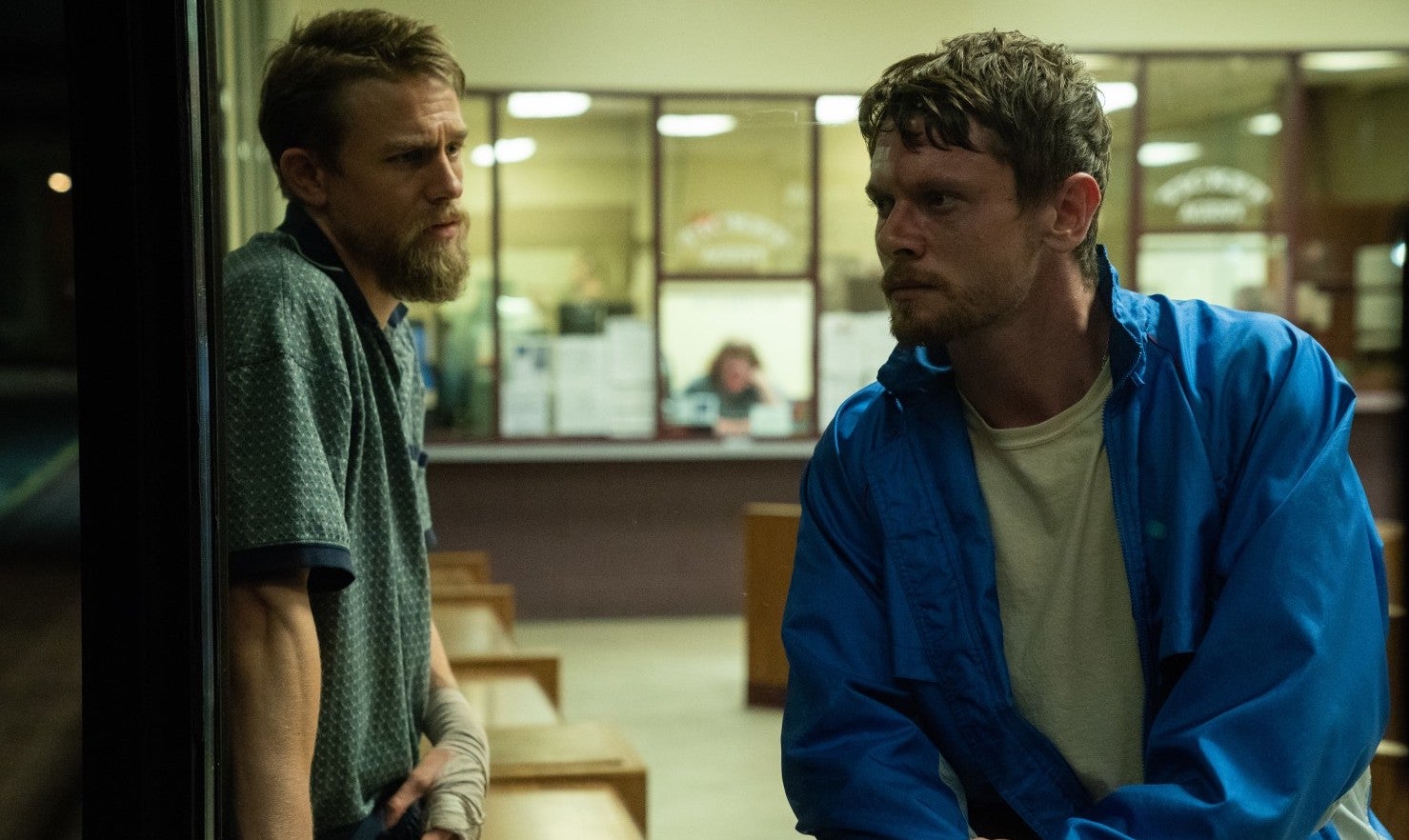Jungleland review: So entranced by the mythicism of Bruce Springsteen, it’s lost sight of the truth
For all its restless, heartsick desire, the film feels like hollow imitation, too easily distracted by cinematic fantasies

Your support helps us to tell the story
From reproductive rights to climate change to Big Tech, The Independent is on the ground when the story is developing. Whether it's investigating the financials of Elon Musk's pro-Trump PAC or producing our latest documentary, 'The A Word', which shines a light on the American women fighting for reproductive rights, we know how important it is to parse out the facts from the messaging.
At such a critical moment in US history, we need reporters on the ground. Your donation allows us to keep sending journalists to speak to both sides of the story.
The Independent is trusted by Americans across the entire political spectrum. And unlike many other quality news outlets, we choose not to lock Americans out of our reporting and analysis with paywalls. We believe quality journalism should be available to everyone, paid for by those who can afford it.
Your support makes all the difference.Dir: Max Winkler. Featuring: Charlie Hunnam, Jack O'Connell, Jessica Barden, Jonathan Majors, John Cullum. Cert 15, 90 mins
“Tonight all is silence in the world, as we take our stand down in Jungleland,” Bruce Springsteen croons in the 10-minute, mellifluous epic that closes 1975’s Born to Run. It’s an ode to a lost world – to nighttime dreamers, underground passions, and kids who “look just like shadows”. The track never features in Jungleland, the film which takes its name, though his cover of Suicide’s “Dream Baby Dream” plays mournfully over the finale.
Jungleland, a sobering drama about two brothers toiling away in Fall River, Massachusetts, is deep under the sway of Springsteen’s America, always broken but resilient. But director Max Winkler, son of actor Henry, and his co-writers Theodore Bressman and David Branson Smith are so entranced by the mythicism, they’ve lost sight of the truth. For all its restless, heartsick desire, the film feels like hollow imitation, too easily distracted by cinematic fantasies. Lion (Jack O’Connell) is a boxer, banned from the pro circuit thanks to the reckless ambitions of his older brother Stan (Charlie Hunnam), who trains and coddles him, their days backdropped by peeling paint and empty streets.
Stan’s shady dealings with Pepper (Jonathan Majors, magnificent lounging in a white suit) have landed him deep in debt – one lost match away from getting his legs broken. The boss offers him a way out: travel to San Francisco and enter the “Jungleland” tournament, with its cash prize of $400,000. Oh, and on the way, make a pitstop at Reno and drop off the taciturn young woman who calls herself Sky (The End of the F***ing World’s Jessica Barden). Here is a world of seedy gangsters and flame-hearted girls, with a plot that slowly unravels with each increasingly implausible turn.
At times, it feels like Winkler has only made his characters suffer because he believes it infuses their lives with poetry. Stan, at one point, confronts an antagonistic crew of jocks with the words: “Do you know what it’s like to be in pain?” It plays with all the gravitas of a Shakespearean monologue. But the director, now on his third feature, after 2010’s Ceremony and 2017’s Flower, does at least throw himself wholeheartedly into this carefully manufactured illusion. Jungleland is wrapped in a cold, fluorescent glow that makes every lonesome corner – diners, garages, and bus stations – look like an Edward Hopper painting. Cinematographer Damián García makes each look strikingly beautiful, even more so when combined with the melancholic horns of Lorne Balfe’s score.
Casting a trio of British actors in a film about American dreamers doesn’t exactly lend itself to authenticity, but the accents are convincing – so is the sense of wounded pride that courses through them. Lion and Sky, who never say much, but let each sentence shiver with longing, find themselves drawn to each other. She becomes a thorn in the side of Lion and Stan’s co-dependent relationship. Hunnam is particularly impressive here, in the way he’ll let his character wither and grow on the waves of his brother’s affection. He exploits Lion, but only because he’s become so attached that he struggles to see where one man ends and the other begins. “Tell me you love me,” he demands, half out of genuine affection and half, seemingly, out of fear. There is weight to this tale of brotherly strife, and to the performances behind it, but Jungleland is so caught up in its own allusions, it can barely see the humanity right at its centre.
Join our commenting forum
Join thought-provoking conversations, follow other Independent readers and see their replies
Comments